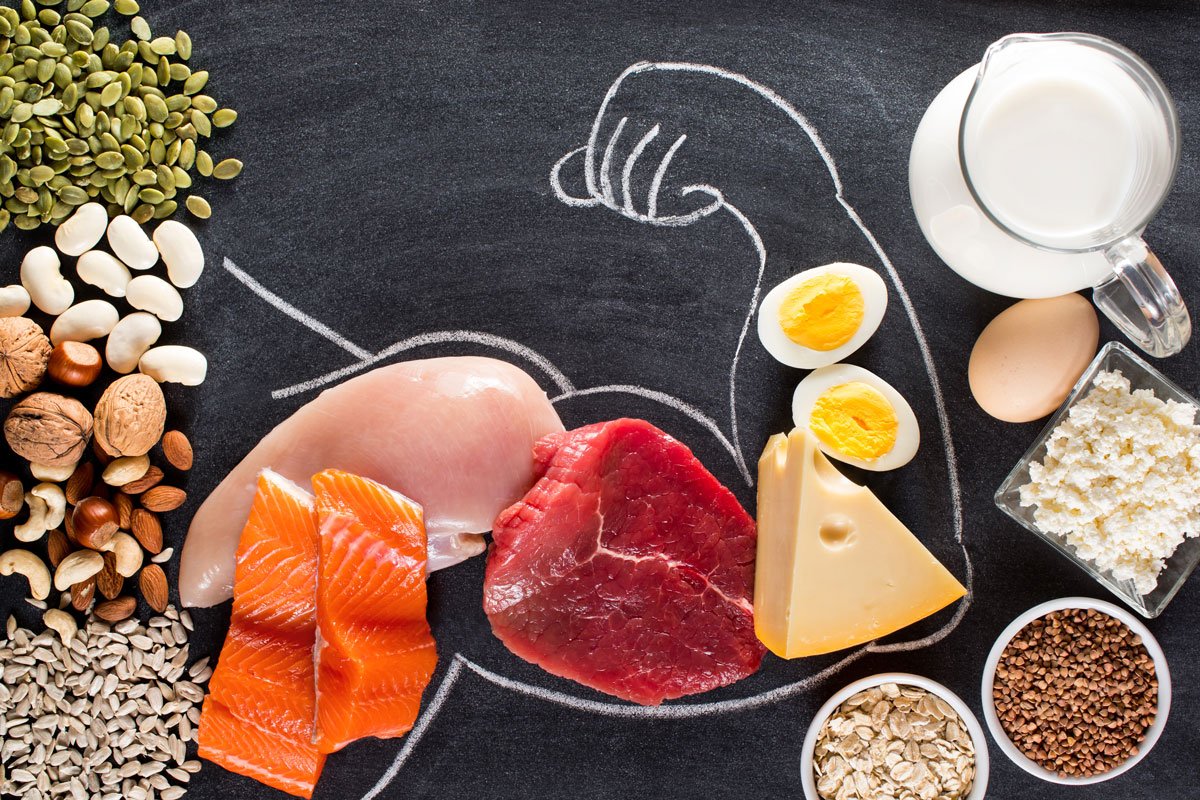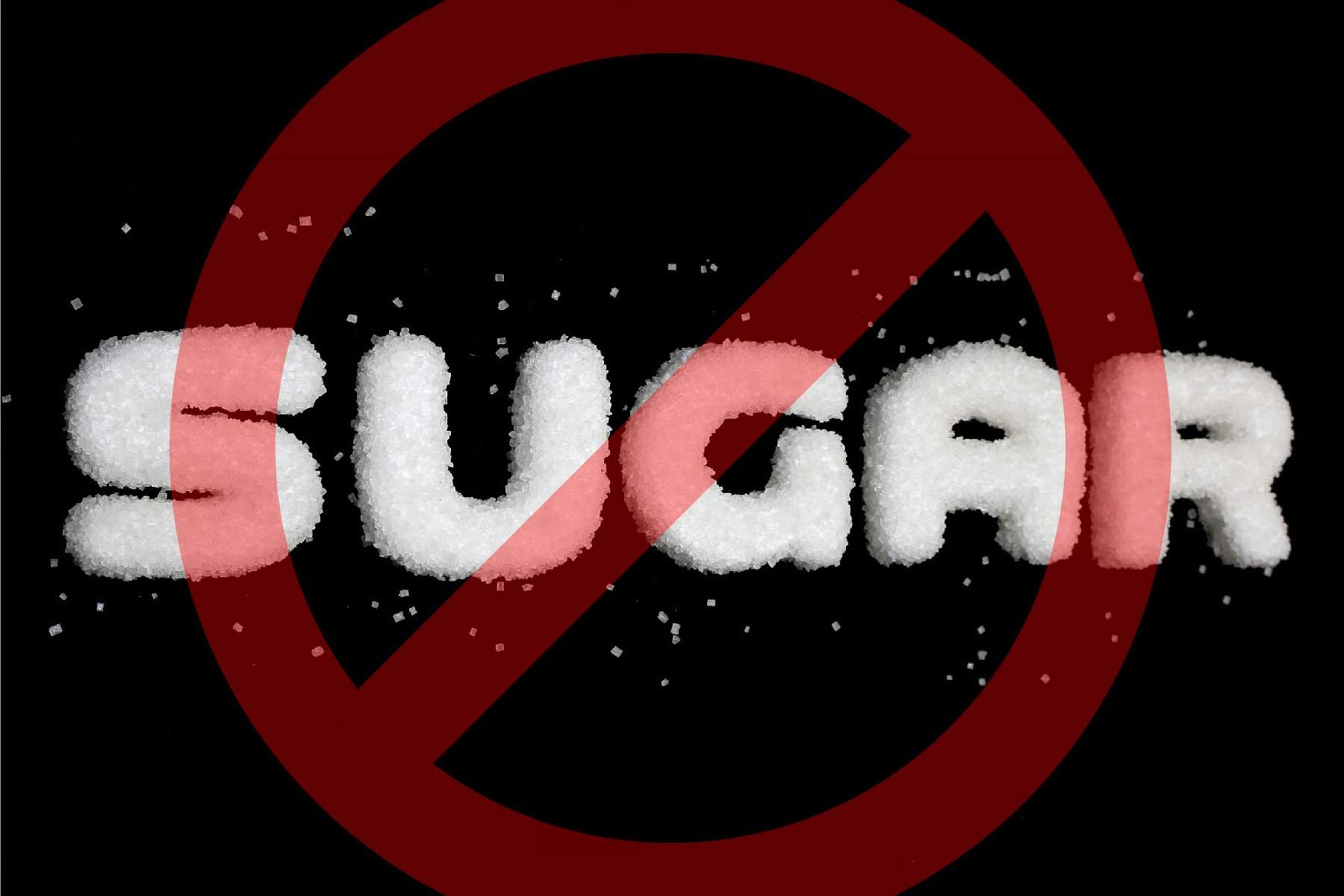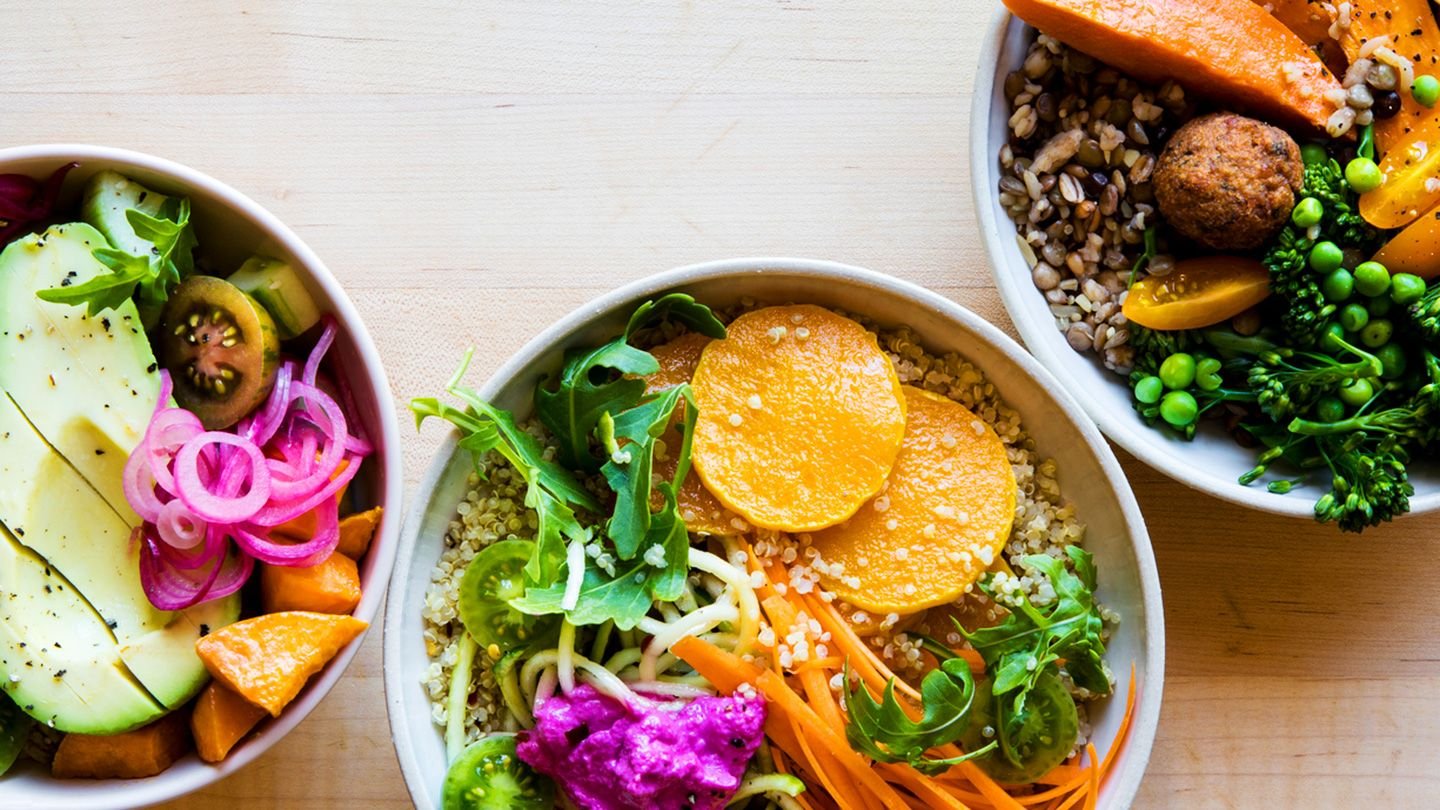Protein is one of the essential macronutrients that play a crucial role in maintaining good health and supporting bodily functions. Whether you’re an athlete looking to build muscle, someone seeking to maintain a healthy weight, or just wanting to improve your overall wellness, understanding the power of protein can help you make informed dietary choices. This article explores why you need protein, its numerous benefits, and the best sources to incorporate into your meals.
Why You Need Protein
- Building Blocks of Life
Protein is made up of amino acids, which are the building blocks of the body. These amino acids are vital for the growth, repair, and maintenance of tissues, including muscles, skin, hair, and organs. - Muscle Development and Repair
For those engaged in physical activities, protein is essential for muscle growth and repair. It helps rebuild muscle fibers after workouts, leading to improved strength and endurance. - Weight Management
Including protein in your diet can help you feel fuller for longer. High-protein foods can reduce appetite and decrease the likelihood of overeating, making it easier to maintain a healthy weight. - Metabolism Boost
Protein has a higher thermic effect compared to fats and carbohydrates, meaning your body burns more calories digesting protein-rich foods. This can help support a healthy metabolism. - Hormonal Balance
Proteins are involved in the production of hormones that regulate various bodily functions, including insulin, which plays a crucial role in blood sugar regulation. - Immune Function
Antibodies, which help protect the body from infections and diseases, are made from proteins. A diet rich in protein can support a robust immune system.

Best Sources of Protein
When it comes to protein sources, there are plenty of options to choose from, including both animal and plant-based sources. Here’s a breakdown of some of the best protein-rich foods:
Animal-Based Protein Sources
- Lean Meats
- Examples: Chicken breast, turkey, and lean cuts of beef and pork.
- Benefits: High in protein with essential amino acids and various vitamins and minerals.
- Fish and Seafood
- Examples: Salmon, tuna, mackerel, and shrimp.
- Benefits: Rich in omega-3 fatty acids, which are beneficial for heart health.
- Eggs
- Benefits: Whole eggs are an excellent source of protein and contain essential nutrients, including vitamins B12 and D.
- Dairy Products
- Examples: Greek yogurt, cottage cheese, and milk.
- Benefits: Provide a good source of protein along with calcium for bone health.
Plant-Based Protein Sources
- Legumes
- Examples: Lentils, chickpeas, black beans, and kidney beans.
- Benefits: High in protein and fiber, making them filling and nutritious.
- Nuts and Seeds
- Examples: Almonds, peanuts, chia seeds, and hemp seeds.
- Benefits: Provide healthy fats along with protein and can be added to smoothies, salads, or snacks.
- Whole Grains
- Examples: Quinoa, brown rice, barley, and oats.
- Benefits: While not as protein-dense as other sources, they still contribute to your overall protein intake.
- Soy Products
- Examples: Tofu, tempeh, and edamame.
- Benefits: A complete protein source, providing all essential amino acids, making it a great option for vegetarians and vegans.
- Seitan
- Benefits: Made from wheat gluten, seitan is a high-protein meat substitute popular in many vegetarian and vegan diets.
Conclusion
Protein is a powerful nutrient that plays a vital role in maintaining health, supporting muscle growth, and aiding in weight management. By including a variety of protein sources in your diet—whether animal or plant-based—you can ensure that you meet your daily protein needs. Aim for a balanced diet rich in diverse foods, and you’ll harness the full benefits of this essential macronutrient. Start incorporating these protein-rich foods into your meals today and experience the positive impact on your health and wellness!




